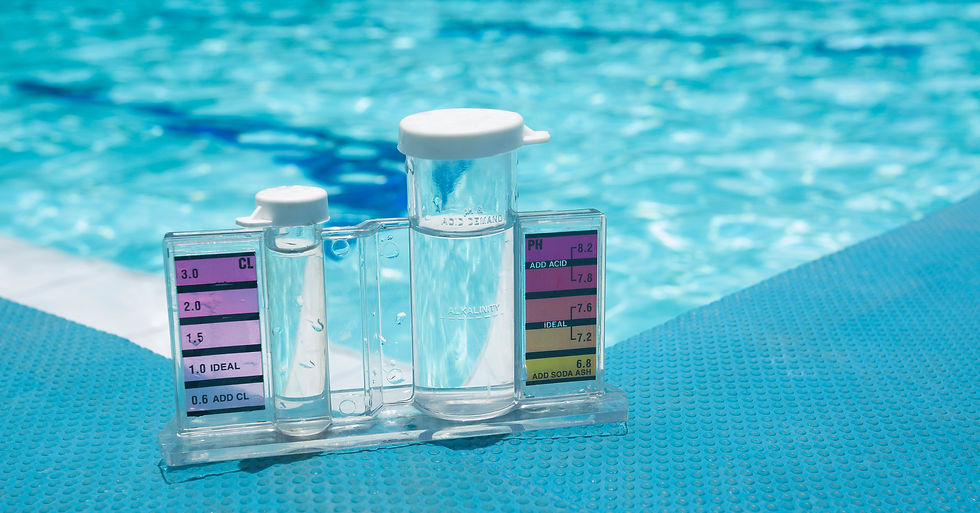Alkaline Water: What You Need to Know
- Sandeep Panwar
- Dec 14, 2023
- 2 min read
Alkaline Water: What You Need to Know
What is alkaline water?
Alkaline water has a pH level higher than tap water, typically between 7.4 and 8.5. Tap water usually has a neutral pH of 7. Regular water can become alkaline through natural processes like filtration through volcanic rock or by adding minerals like magnesium, calcium, and potassium. Some companies also produce alkaline water by electrolysis.
How does it affect our body?
The claim is that alkaline water can neutralize acid in the bloodstream, which some proponents believe can benefit health by:
Preventing chronic diseases: Some suggest it could help prevent conditions like osteoporosis, kidney stones, and even cancer. However, scientific evidence for these claims is limited or inconclusive.
Improving hydration: Some believe it enhances hydration, especially after exercise, though studies haven't definitively proven this.
Boosting metabolism and energy: This claim also lacks strong scientific evidence.
Pros and cons of alkaline water:
Pros:
May provide some additional minerals like magnesium and calcium.
May be slightly more hydrating for some people, though more research is needed.
Generally safe for most healthy adults to consume in moderation.
Cons:
Limited scientific evidence for most health claims.
May not be suitable for everyone, especially people with certain kidney or heart conditions.
Can be more expensive than tap water.
Taste may be slightly different than tap water.
High mineral content can cause stomach upset in some people.
Overall:
While alkaline water may offer some potential benefits, the evidence is limited and most claims require further research. If you're considering trying it, talk to your doctor first, especially if you have any underlying health conditions. Remember, staying properly hydrated with regular water is essential for overall health.
Additional tips:
Focus on a balanced diet rich in fruits, vegetables, and whole grains to get essential minerals and vitamins.
Choose water sources tested for safety and quality.
Limit your intake of sugary beverages and processed foods to maintain good health.


Коментарі